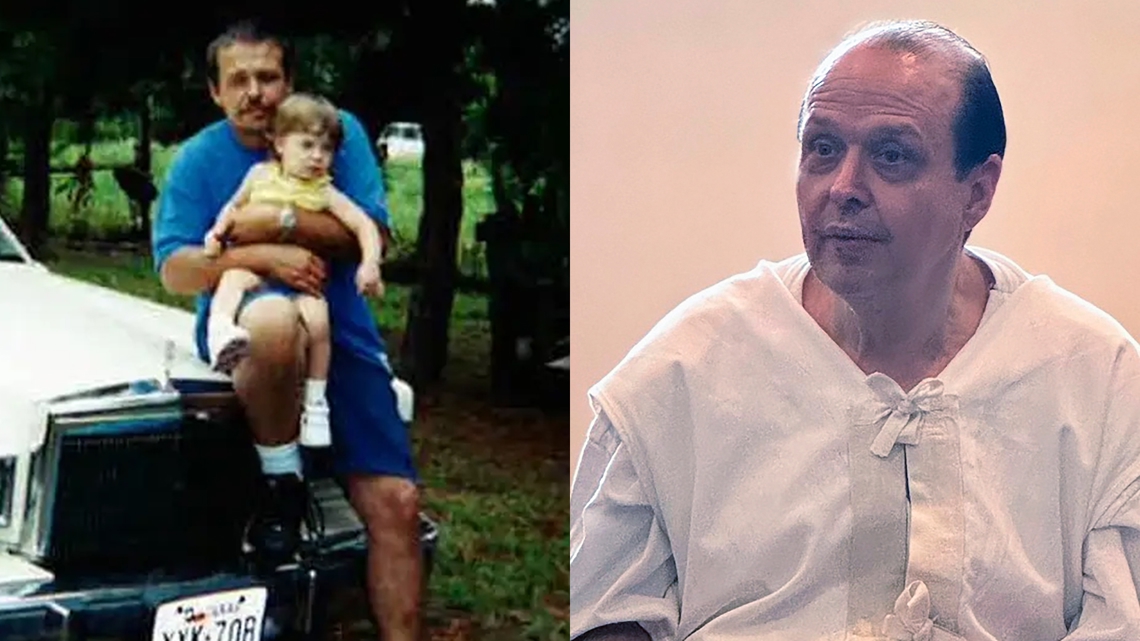Texas House Takes Legal Action to Delay Execution of Death Row Inmate
In a dramatic turn of events, members of the Texas House have stepped into the fray to delay the execution of Robert Roberson, a death row inmate who was just hours away from facing lethal injection. This unprecedented legal maneuver highlights the complexities surrounding capital punishment in Texas, particularly in cases where the integrity of the evidence has come under scrutiny.
The Last-Minute Legal Battle
On Thursday evening, Robert Roberson was scheduled to be executed for the 2002 death of his 2-year-old daughter, a crime he has consistently denied committing. However, just hours before the execution was set to take place, Travis County Judge Jessica Mangrum intervened, ruling that Roberson would be allowed to testify about his case in a hearing scheduled for the following week. This decision came after a Texas House committee issued a subpoena for Roberson, marking a significant moment in the ongoing debate over his innocence.
The Role of the Texas House Committee
The Texas House committee’s involvement is particularly noteworthy. In a state where executions are often carried out with little fanfare, lawmakers found themselves navigating uncharted territory. The committee expressed deep concerns over the validity of the evidence used to convict Roberson, specifically pointing to the controversial diagnosis of shaken baby syndrome that played a pivotal role in the case. This diagnosis has faced increasing scrutiny in recent years, with many experts labeling it as "junk science."
State Representative Brian Harrison, a vocal advocate for Roberson, emphasized the need for a thorough review of the case. He pointed out that the scientific premises that once supported the shaken baby syndrome diagnosis have been widely discredited and would not hold up under current scrutiny. This acknowledgment raises critical questions about the reliability of evidence that has led to severe consequences, including the death penalty.
Legal and Ethical Implications
The Texas Attorney General’s office, during the hearing, affirmed the legitimacy of the subpoena issued by the House committee, stating that it could not be ignored. This legal backing adds weight to the committee’s efforts to delay the execution and highlights the intersection of legislative authority and judicial proceedings in capital cases.
The situation is further complicated by the "Junk Science" law enacted in Texas in 2013, which allows prisoners to challenge their convictions based on flawed scientific evidence. Despite this law, advocates have expressed frustration that courts have largely overlooked its implications, particularly in cases involving infant trauma. The committee’s actions signal a renewed push to ensure that such laws are applied effectively and that justice is served.
Public Advocacy and Political Pressure
As the clock ticked down to Roberson’s scheduled execution, public advocacy efforts intensified. On Thursday, advocates delivered over 100,000 signatures to Governor Greg Abbott’s office, urging him to grant a 30-day delay in the execution. This grassroots movement underscores the growing concern among citizens regarding the potential for wrongful convictions and the ethical implications of capital punishment.
State Rep. Harrison articulated the hopes of many advocates, stating that a delay from the governor would provide the necessary time to reassess the evidence and ensure that justice is served. The involvement of lawmakers and the public in this case reflects a broader societal debate about the death penalty and the importance of due process, particularly in cases where the evidence is questionable.
The Broader Context of Capital Punishment in Texas
Roberson’s case is not an isolated incident; it is part of a larger conversation about the death penalty in Texas, a state known for its high execution rates. The legal and ethical dilemmas surrounding capital punishment have prompted lawmakers, legal experts, and advocates to call for reforms that prioritize justice and the protection of innocent lives.
As the legal proceedings unfold, the spotlight remains on the Texas House committee’s actions and the implications for Roberson’s case. The intersection of law, science, and morality continues to challenge the status quo, raising critical questions about the future of capital punishment in Texas and the safeguards necessary to prevent wrongful executions.
